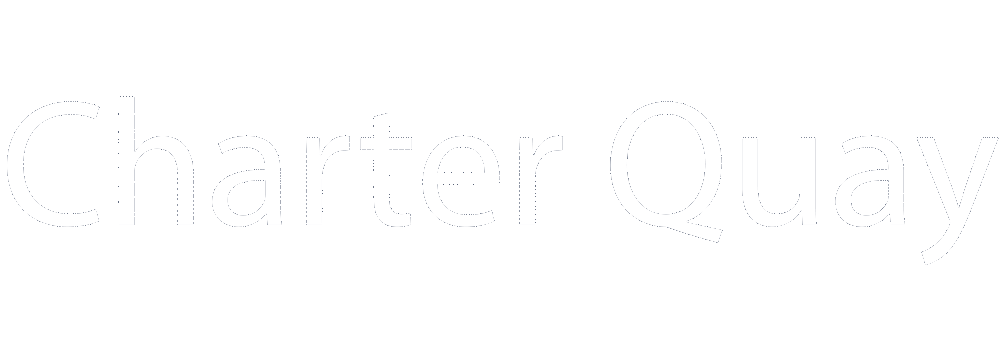Boiler maintenance
Original Gledhill water tank
Article supplied by Rob Newman of Corgas
I have been asked by CQRA Ltd to produce some advice on the heating and hot water systems employed in Charter Quay and highlight some of the user maintenance procedures required to keep the installations in good order.
The systems may seem complex and over engineered for the application, however they have been specified and used for a reason. It is recommended to use engineers who have practical experience of these systems. There are however a couple “user maintenance” procedures which you, or your tenant can do in order to prevent unnecessary call outs.
Poor heating / cold radiators
Having established that the radiators are not heating properly, identify on the Gledhill thermal store the “sealed system components”. They are a little way up the appliance and will be most easily identified by the proximity of a ‘filling loop’ and a pressure gauge to each other (see below).
The filling loop is a flexible metal braided hose shaped like a letter U connecting two pipes. The pressure gauge is the small dial.
When the system is cold i.e. no heat in the radiators, the pressure gauge should read 1 bar. This gauge should be checked monthly.
If the gauge reads below 1 bar use the small black/silver lever, (to which my finger is pointing in the photograph) to re-pressurise the system to the correct setting (1bar).
By turning the lever a quarter turn in whichever direction it allows, you will hear water fill the system and see the needle on the gauge rise. Once the desired level of 1 bar is achieved, turn the lever back to the closed position making sure that it is fully shut. Note there may be two levers and both might need to be turned on and off.
Re-pressurisation of a system is NOT usually required every month and some systems may work happily for as many as six or more months without ever needing to be topped up. It is however good practice to check and hopefully avoid a full de-pressurisation of the system, which can damage system components.
A full system de-pressurisation normally necessitates re-pressurisation as described above and the manual reset of the safety temperature cut out device on the Maxol wall hung boiler (the brown button on the control panel). HOWEVER, an engineer may be required to ensure the integrity and correct operation of the system before any re-pressurisation to prevent possible further damage to the system components.
It is worth noting that any bleeding of the radiators will result in a loss of pressure in the system meaning that the aforementioned procedure should be used to re-pressurise the installation.
Poor / no hot water
Should you find that whilst your heating is working well and the pressure gauge is correct at around 1 bar, but your hot water has a fluctuating temperatures or only has a limited supply, then another check is required.
The problem is often caused by a dropping of the reservoir level in the feed and expansion tank on top of the Gledhill thermal store.
To verify this, remove the white lid in the centre on the top of the thermal store then check the level of the water in the tank. The water should half fill the tank but NO MORE. If the level drops too low it will affect the performance of the store and its ability to deliver hot water.
Pour water into the tank up to the half way point. Wait 30 seconds to see if the level drops
Refill as required and repeat the procedure taking care never to fill the tank above the halfway point.
Once the level stabilises replace the cap and check hot water.
Re-filling the reservoir is normally required every few months or when a drop in hot water performance is detected. Damaged or missing lids will increase evaporation of water from the appliance meaning more frequent filling will be required. If faults persist or you need to constantly top up the system you should consult a qualified engineer.
These checks and procedures will not cure all issues, they will however correct the most common problems. For more information please email rob@corgas.net or call him on 07944 483 788. Website: corgas.net


